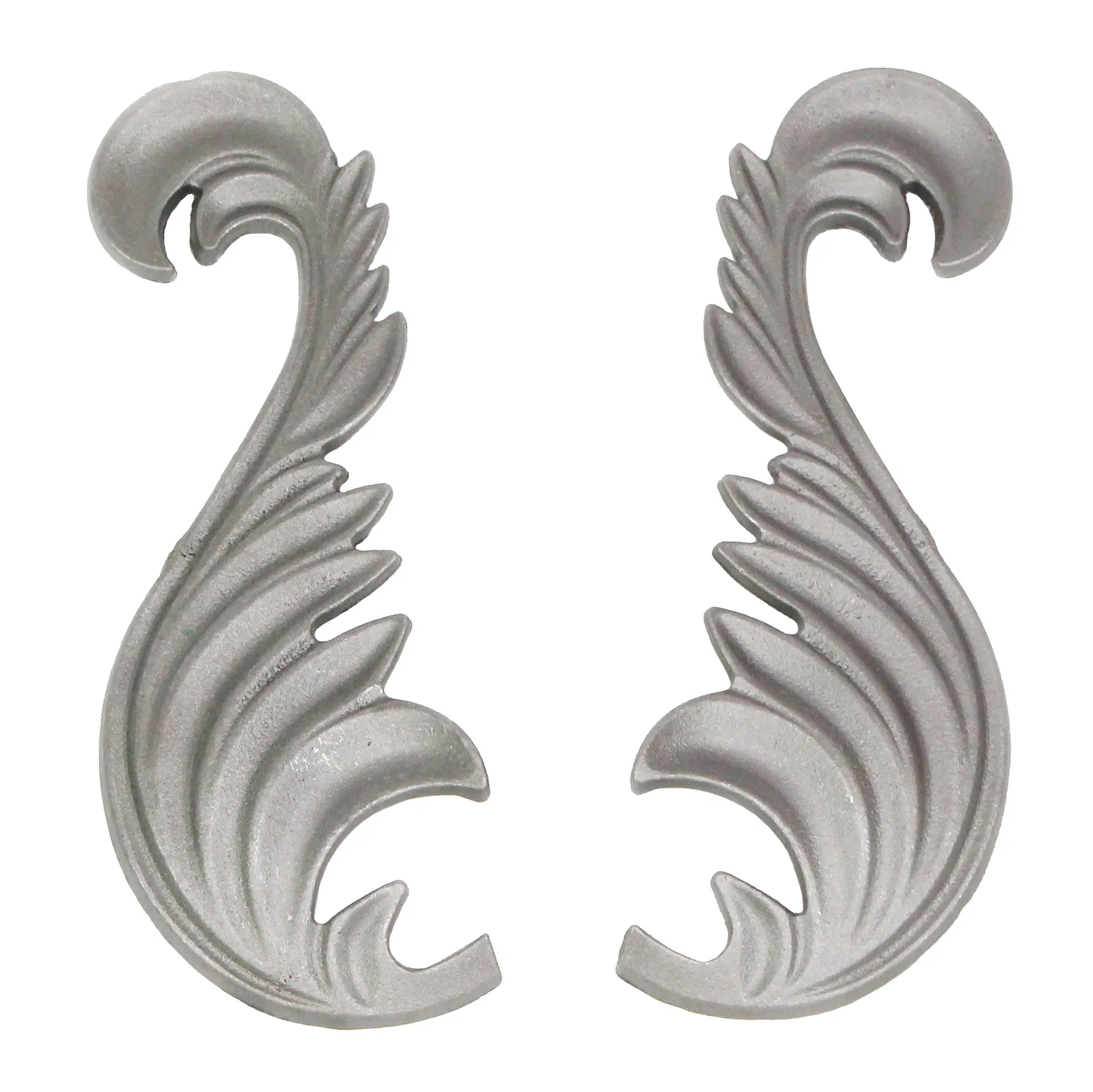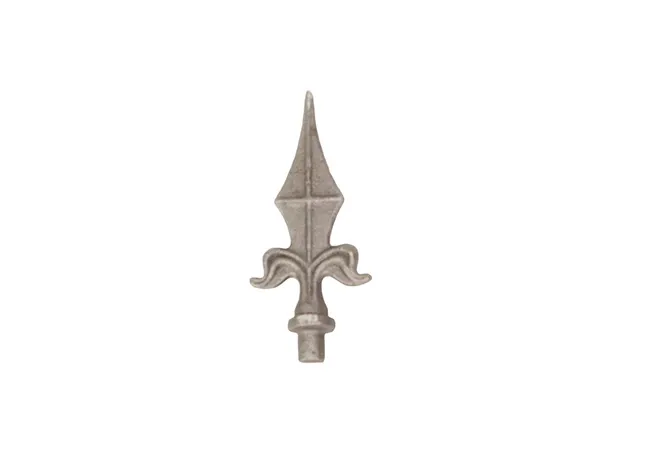
Jan . 29, 2025 01:42
Back to list
door hinges price
Evaluating the price of door hinges may seem like a straightforward task at first glance, but for homeowners and professionals alike, it's crucial to delve deeper into the factors that determine these prices. Door hinges, just like any other hardware, vary significantly in terms of quality, functionality, and price. This article offers an insightful exploration into the world of door hinges, providing an authoritative guide to understanding and navigating the market.
The installation type required can influence the cost, too. Specialized hinges for concealed or flush fitting usually carry higher prices due to their intricate design and precision engineering. Furthermore, features such as self-closing mechanisms or adjustable tension levels add to the complexity and, subsequently, the price. For industry professionals, purchasing door hinges directly from manufacturers or wholesale suppliers can result in cost savings. Volume discounts and trade pricing are often available, reflecting the professional's expertise and industry standing. Homeowners, meanwhile, tend to purchase through retail channels, where the units are priced to include retailer markup for distribution and sales services. For both consumers and professionals, online price comparison tools can be invaluable. Websites that aggregate prices from different vendors can offer insights into market trends and help identify competitive offers. Client reviews and ratings contribute an additional layer of trustworthiness, providing real-world testimonials on the performance and durability of various hinge options. Ultimately, investing in quality door hinges translates into durable, smoothly functioning doors that stand the test of time. While initial costs may seem higher, considering the overall value – including material quality, manufacturing process, brand reputation, and added convenience features – ensures that this pivotal component of your door system will provide continued satisfaction and performance. Stay informed, compare prices, and prioritize essential features to make a wise purchase that aligns with your specific needs and budget.


The installation type required can influence the cost, too. Specialized hinges for concealed or flush fitting usually carry higher prices due to their intricate design and precision engineering. Furthermore, features such as self-closing mechanisms or adjustable tension levels add to the complexity and, subsequently, the price. For industry professionals, purchasing door hinges directly from manufacturers or wholesale suppliers can result in cost savings. Volume discounts and trade pricing are often available, reflecting the professional's expertise and industry standing. Homeowners, meanwhile, tend to purchase through retail channels, where the units are priced to include retailer markup for distribution and sales services. For both consumers and professionals, online price comparison tools can be invaluable. Websites that aggregate prices from different vendors can offer insights into market trends and help identify competitive offers. Client reviews and ratings contribute an additional layer of trustworthiness, providing real-world testimonials on the performance and durability of various hinge options. Ultimately, investing in quality door hinges translates into durable, smoothly functioning doors that stand the test of time. While initial costs may seem higher, considering the overall value – including material quality, manufacturing process, brand reputation, and added convenience features – ensures that this pivotal component of your door system will provide continued satisfaction and performance. Stay informed, compare prices, and prioritize essential features to make a wise purchase that aligns with your specific needs and budget.
Prev:
Next:
Latest news
-
Unique Design Ideas for Wrought Iron Wall DecorNewsJul.21,2025
-
Stainless Steel Pulley for Marine ApplicationsNewsJul.21,2025
-
Safety Features in Industrial Track PulleyNewsJul.21,2025
-
Precision Tolerances for 2 Inch U Groove WheelsNewsJul.21,2025
-
Iron Fence Spears Corrosion Protection MethodsNewsJul.21,2025
-
Iron Decorative Panels for Balcony ScreensNewsJul.21,2025
-
Industrial Applications Requiring Heavy Duty PulleyNewsJul.21,2025












